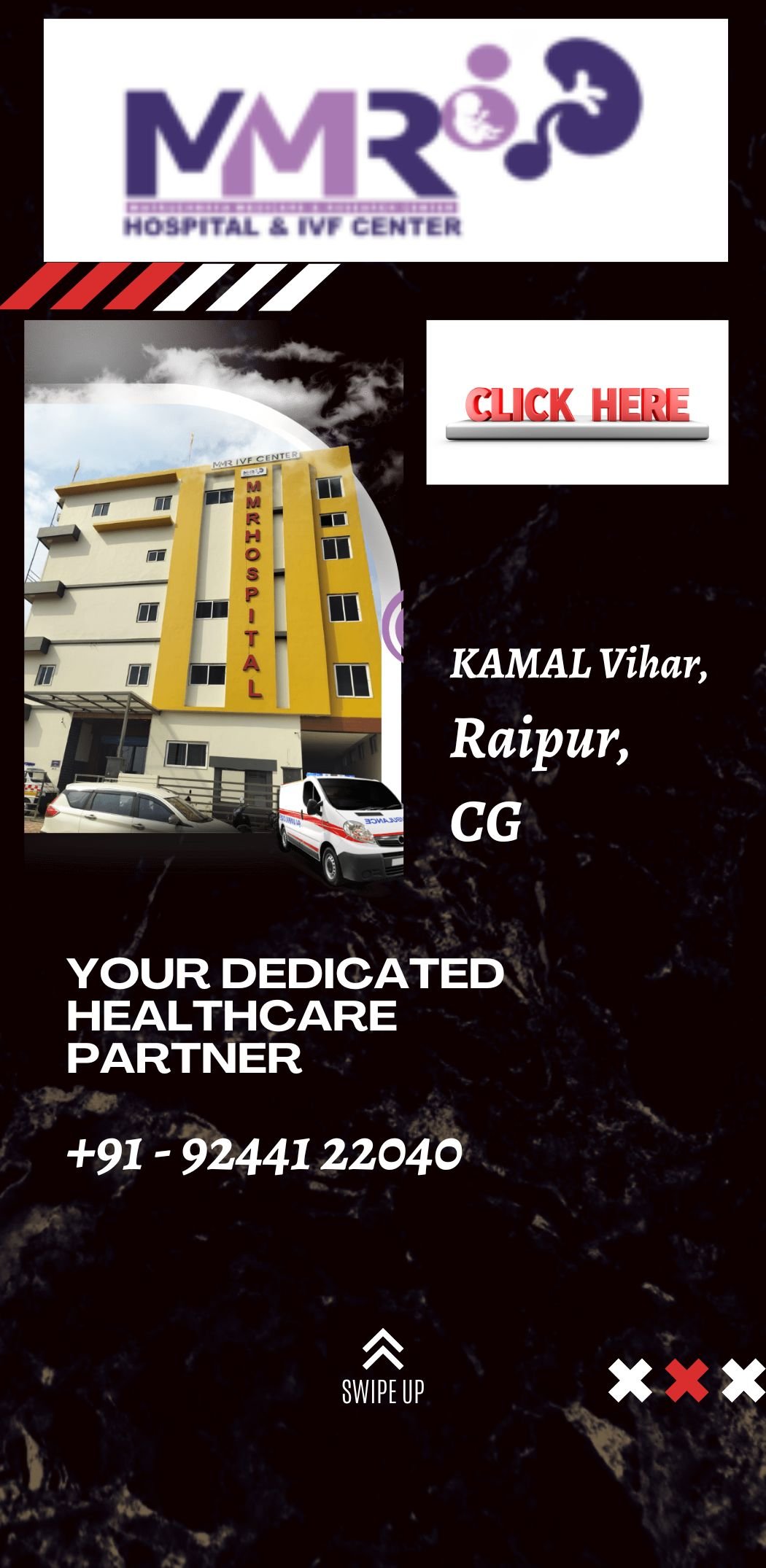Medical History Review: The first step is a comprehensive review of your medical history, including any previous fertility treatments, underlying medical conditions, and lifestyle factors.
Physical Examination: A thorough physical examination is conducted to assess your reproductive health and identify any potential issues.
Diagnostic Tests: Various tests may be recommended, including:
Hormone Testing: To evaluate hormone levels and assess ovarian function.
Semen Analysis: To evaluate sperm count, motility, and morphology.
Ultrasound: To visualize the reproductive organs and assess the development of follicles.
Hysterosalpingogram (HSG): To assess the patency of the fallopian tubes.
Ovarian Stimulation
Medication Administration: You will be prescribed fertility medications to stimulate the growth of multiple follicles in your ovaries. These medications are typically administered through injections.
Monitoring: Regular monitoring, usually through ultrasound scans and blood tests, is essential to track the development of the follicles and adjust medication dosages as needed.
Egg Retrieval
Procedure: A minimally invasive procedure, egg retrieval is performed under sedation. A thin needle is inserted through the vagina and into the ovaries to extract the mature eggs.
Fertilization: The retrieved eggs are then fertilized with sperm in a laboratory dish. This can be done through traditional fertilization or intracytoplasmic sperm injection (ICSI), where a single sperm is injected directly into each egg.
Embryo Culture
Development: The fertilized eggs, now called embryos, are cultured in a specialized incubator. They are monitored closely to assess their development and select the healthiest embryos for transfer.
Embryo Transfer: After a few days of culture, one or more embryos are transferred to the uterus using a thin catheter. This procedure is typically painless and does not require anesthesia.
Luteal Phase Support
Hormone Therapy: After embryo transfer, you may be prescribed progesterone supplements to support the lining of the uterus and increase the chances of implantation.
Pregnancy Test: A pregnancy test is usually taken about two weeks after embryo transfer to determine if the procedure was successful.

While IVF offers hope to many couples struggling with infertility, it is important to be aware of the potential challenges and considerations:
Multiple Pregnancies: Ovarian stimulation can lead to multiple pregnancies, which can increase the risk of complications.
Emotional Toll: The IVF process can be emotionally draining, as it involves significant physical and psychological stress.
Financial Cost: IVF is a costly procedure, and the costs can vary depending on the specific treatments and medications required.
Success Rates: While IVF success rates have improved significantly over the years, they can vary depending on factors such as age, underlying fertility issues, and the specific clinic.



